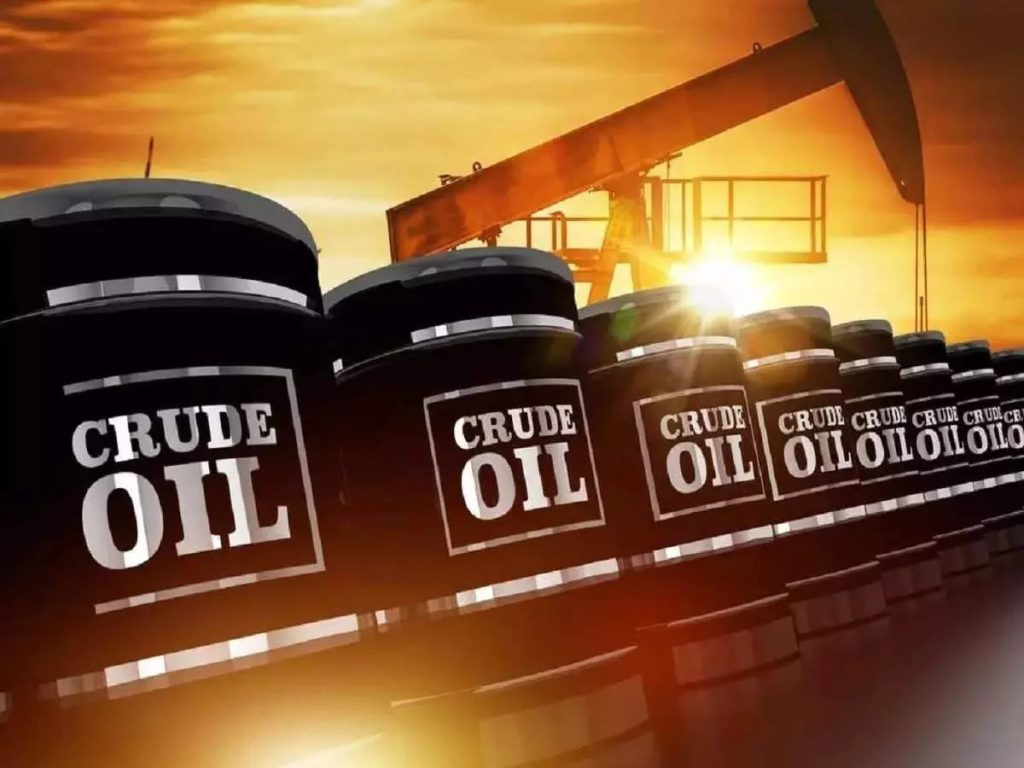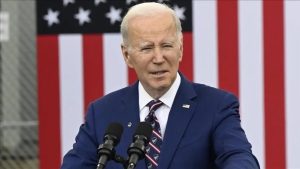Oil prices fell by more than 3 percent at the settlement on Wednesday, continuing a series of fluctuations, amid talks by the Group of Seven to set a ceiling for the price of Russian oil beyond the level at which it is currently traded and to increase gasoline stocks in the United States much more than analysts expected.
Brent crude futures for January delivery fell $2.95, or 3.3%, to $85.41 a barrel at settlement. US crude fell $3.01, or 3.7%, to $77.94 a barrel.
Both contracts rose by more than $1 a barrel earlier in the session.
US gasoline inventories rose 3.1 million barrels, according to the Energy Information Administration. Analysts had expected an increase in stocks by 383 thousand barrels.
The Energy Information Administration data also showed a decline in crude oil inventories by 3.7 million barrels, while analysts in a Reuters poll expected a decrease of 1.1 million barrels.
Prices were also affected by reports that the ceiling that the Group of Seven will impose on the price of Russian oil may be higher than the level at which it is currently being traded.
A European official said today, Wednesday, that the G7 countries are considering imposing a ceiling on the price of Russian seaborne oil between 65 and 70 dollars per barrel.
According to Refinitiv data, Russian Urals crude for delivery to Northwest Europe is trading at a price between 62 and 63 dollars a barrel, and for the Mediterranean region at about 67 to 68 dollars a barrel.
Given that the cost of production is estimated at about $20 per barrel, the cap will ensure profitability for Russia from selling its oil and thus prevent a supply shortage in the global market.
A senior US Treasury official said on Tuesday that the rate cap may be adjusted several times throughout the year.
The news added to concerns about demand related to the largest importer of crude oil, China, which is facing increases in COVID-19 infections, with Shanghai tightening restrictions late on Tuesday.
The pressures were also increased by the Organization for Economic Co-operation and Development’s economic expectations of a slowdown in the pace of global economic growth over the next year.






























